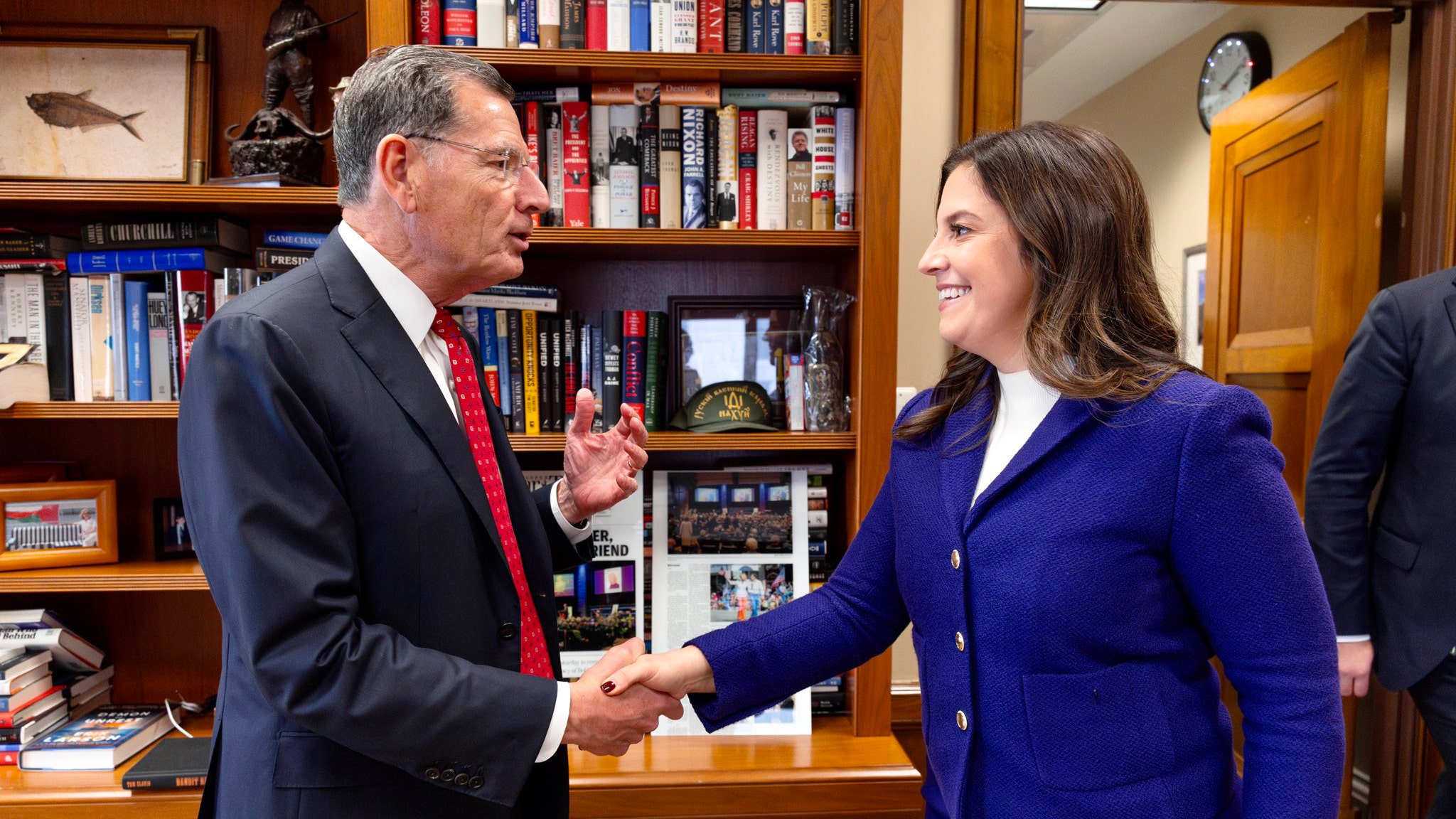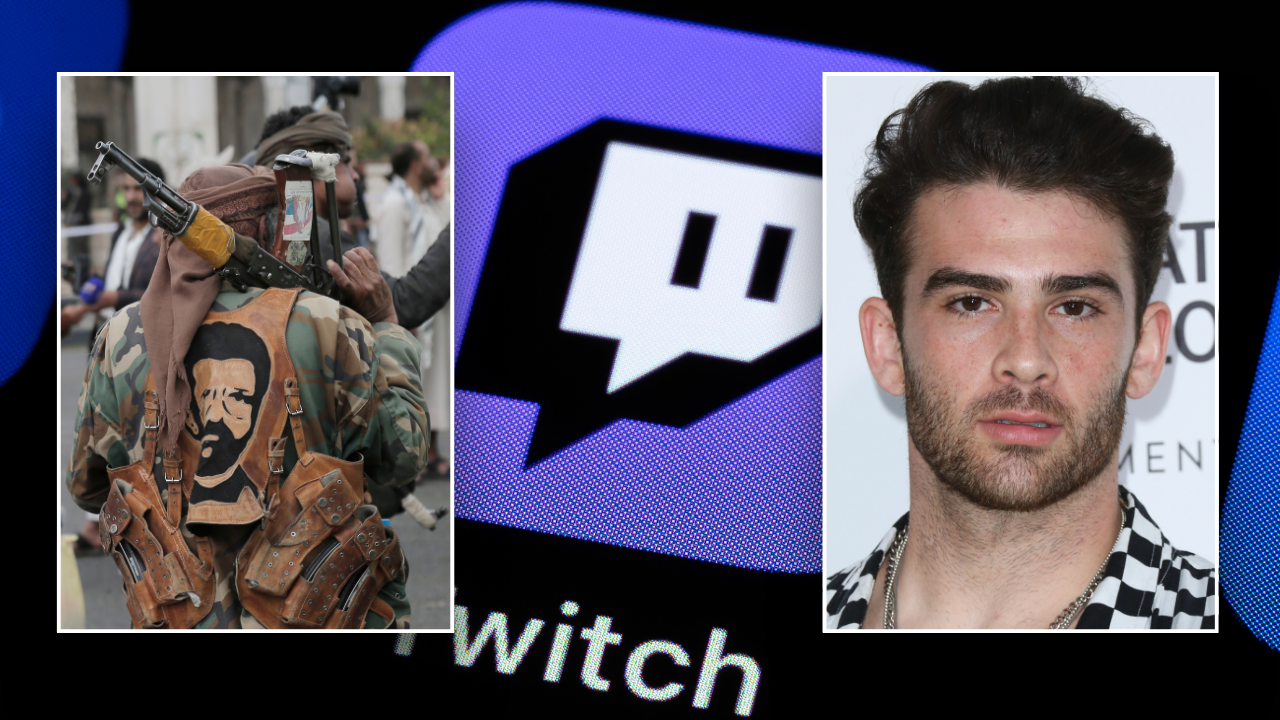World
The latest on Hamas leader’s death and war in the Middle East | CNN

Hamas confirmed the death of its leader, Yahya Sinwar, in a video statement by senior official Khalil Al Hayya, who has served as chief negotiator for the militant group in talks for a potential Gaza ceasefire and hostage release deal.
In a televised address, Al Hayya said Hamas will not release Israeli hostages until “aggression on our people in Gaza stops,” Israel completely withdraws from the enclave and Palestinian prisoners in Israel are released.
Here’s what else to know:
More details emerge: The chief pathologist who autopsied Sinwar’s body told CNN that the Hamas leader was killed by a gunshot wound to the head. The Israel Defense Forces previously had not said anything about its troops firing a fatal gunshot. Asked for comment, an IDF spokesperson told CNN that there was an exchange of gunfire and that the combat ended with Israel firing a tank shell at the building. The IDF is still working to learn all of the details, the spokesperson added. The pathologist further told CNN that when Israeli forces found a body resembling Sinwar’s on Wednesday, his finger was cut off and sent for DNA testing in order to identify him.
US response so far: US President Joe Biden said that ending the conflict in the Middle East will still be difficult after Sinwar’s death. US Defense Secretary Lloyd Austin said the US could “quite possibly” play a role in stabilization efforts in Gaza after the war with Israel ends, adding it would need to be defined alongside allies in the region.
Blockade of medical organizations: The World Health Organization has accused Israel of blocking multiple medical organizations from entering Gaza — marking the first time entire health agencies have been denied access to the enclave during the over yearlong war. Specialists denied entry were supposed to support “already overburdened” staff in performing medical treatments, including surgeries, at strained facilities such as the Nasser Medical Complex and the European Hospital in southern Gaza and Al-Aqsa Hospital in central Gaza, WHO said. COGAT, the Israeli agency that coordinates the inspection and delivery of humanitarian assistance into Gaza, has denied the accusations.
Gaza’s strained health care system: Kamal Adwan Hospital, one of the few functioning hospitals in northern Gaza, is overwhelmed by the amount of incoming patients, with staff fatigued and running out of medical supplies and food, the director said. “This is a catastrophic situation in every sense of the meaning,” Dr. Hussam Abu Safiya told CNN in a video message. “From yesterday until this moment, no one has slept.” In addition, the hospital is grappling with the number of babies born prematurely due to the stress on pregnant women amid heavy bombing in northern Gaza, he added.
Israel continues operations in Lebanon: Israel issued an evacuation notice to residents of 23 villages in southern Lebanon, urging them to move north. Some of the villages mentioned in the notice on Friday had been named in previous warnings. On Tuesday, the Middle East director of the United Nations Refugee Agency (UNHCR) said that around a fifth of Lebanon’s population has fled their homes, and about a quarter of the country is under Israeli military evacuation orders. Israel also called up “an additional reserve brigade for operational missions” in northern Israel against Hezbollah, the IDF said.









